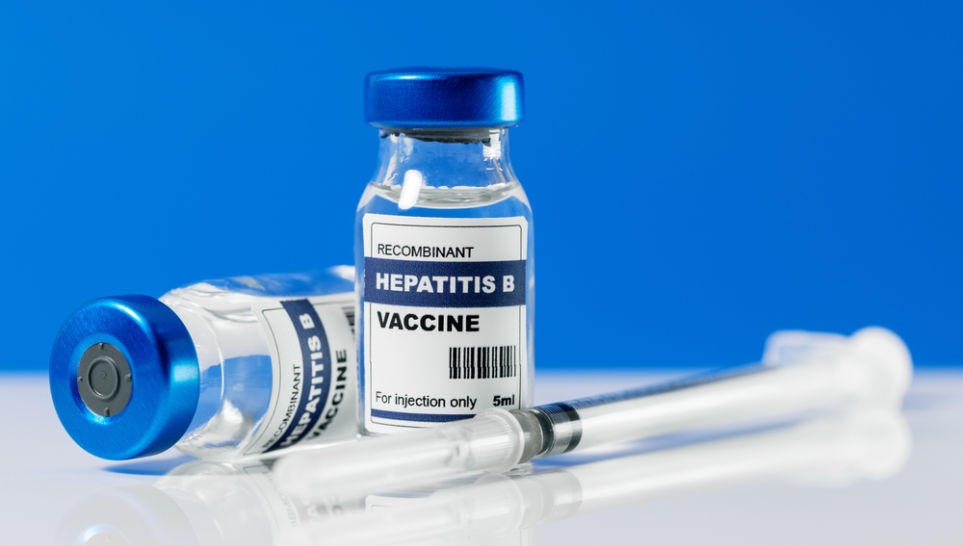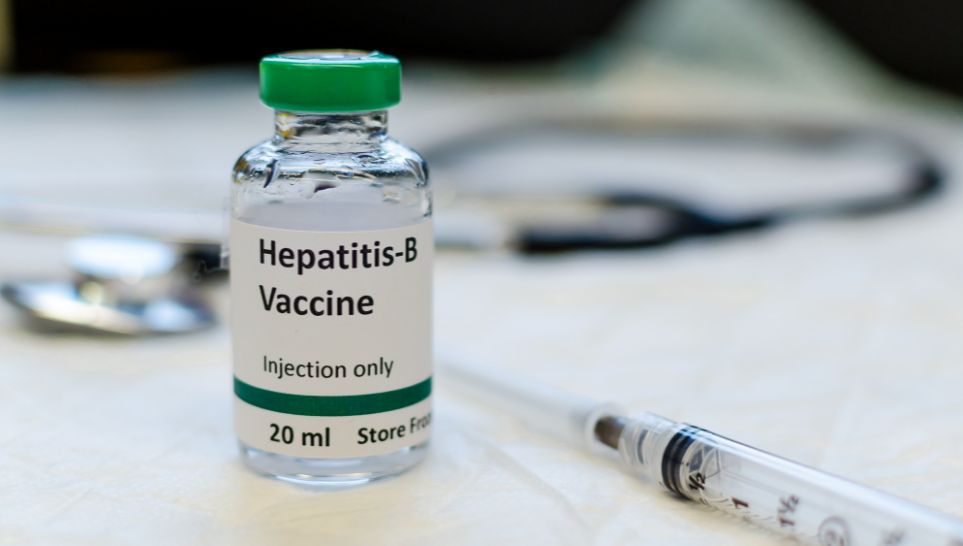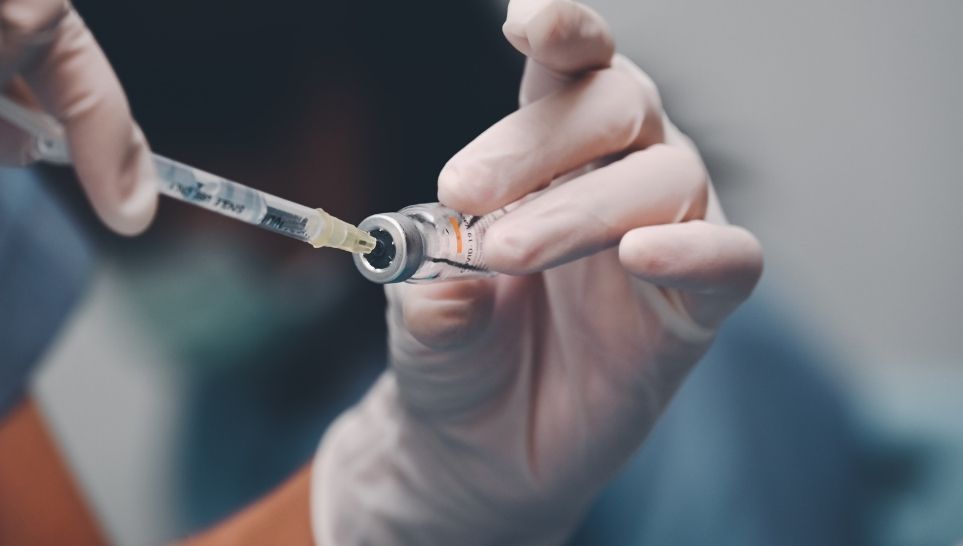Hepatitis B is a serious medical condition that affects your liver. Adults typically transmit this disease through sexual intercourse and sharing dirty needles among drug users. The Hepatitis B virus can spread quickly through bodily fluids like blood and semen.
You can prevent infection by taking the hepatitis B vaccine. Unfortunately, some adverse side effects may create short- or long-term complications. So is this medical solution right for you?
In this article, we explain the science behind the Hepatitis B vaccination and what you should expect after your first dose. Consider this information if you plan on getting the vaccination or are experiencing issues that relate to your shot. Once you finish reading, contact a lawyer at our firm to learn how you can protect yourself physically and financially from vaccination injuries.
What Is the Hepatitis B Vaccine?
The Hepatitis B vaccine is an FDA-approved medical solution that prevents a Hepatitis B virus infection from spreading among healthy adults. This virus can lead to serious complications, including:
- Vomiting
- Inflammation of internal organs
- Hepatocellular carcinoma (cancer)
- Cirrhosis
- Death
Some doctors administer a vaccine to fight both Hepatitis A and B viruses simultaneously. This combination vaccine encourages your body to produce its own antibodies against the disease. A chronically infected individual cannot create enough antibodies naturally to protect themselves during their first exposure.
These effective vaccines train your body’s immune response to recognize and attack Hepatitis B before it can compromise your health. Vaccine administration usually occurs in two to four shots after a licensed physician completes an examination of your health and determines that it is safe.
Do Adults Need Hepatitis B Vaccines?
The Centers for Disease Control (CDC) recommends the Hepatitis B vaccine for high-risk individuals, including:
- Newborns (first dose within 24 hours of birth)
- Children under the age of 19
- Adults with compromised immune systems
- Those who travel abroad to high-risk countries for work
- Those who worry about Hepatitis B and want extra protection
The Hepatitis B vaccine does not show any risks to a fetus during development. Pregnant women may be able to take the vaccine if they are at risk for infection. Speak to a doctor to learn more about vaccine safety during pregnancy.
Is it Safe for Adults to Get the Hepatitis B Vaccine?

According to the CDC, the Hepatitis B vaccine is a safe and highly effective solution for preventing Hepatitis B and virus-induced chronic liver disease. However, depending on your medical history and allergies, this vaccine may not be appropriate for you. Speak to a doctor to determine if you qualify for this treatment.
How Often Do Adults Need a Shot?
Other articles listed by the CDC indicate that a Hepatitis B vaccine can be effective for at least 30 years after your initial shot. Treatments vary from doctor to doctor. Some adults require two doses, while others may need three or four.
Still, you should take the complete doctor-recommended dose to lower the risk of experiencing adverse events.
What Happens If You Miss a Dose?
Adults who miss a dose do not need to restart their treatment. Doctors recommend seeking the next shot as soon as possible so your body can adequately build resistance to the Hepatitis B virus. Fortunately, patients have plenty of time between vaccinations.
Medical professionals usually separate the three-stage vaccine into eight-week intervals.
Can You Overdose?
While it is possible to overdose on a Hepatitis B vaccine, it is highly unlikely. Your doctor would need to administer a significant dose for your body to respond in a life-threatening manner.
If you suspect that you or someone you know is experiencing a vaccine overdose, call 911 or the Poison Control Center at (800) 222-1222.
Do Elderly People Need the Hepatitis B Vaccine?
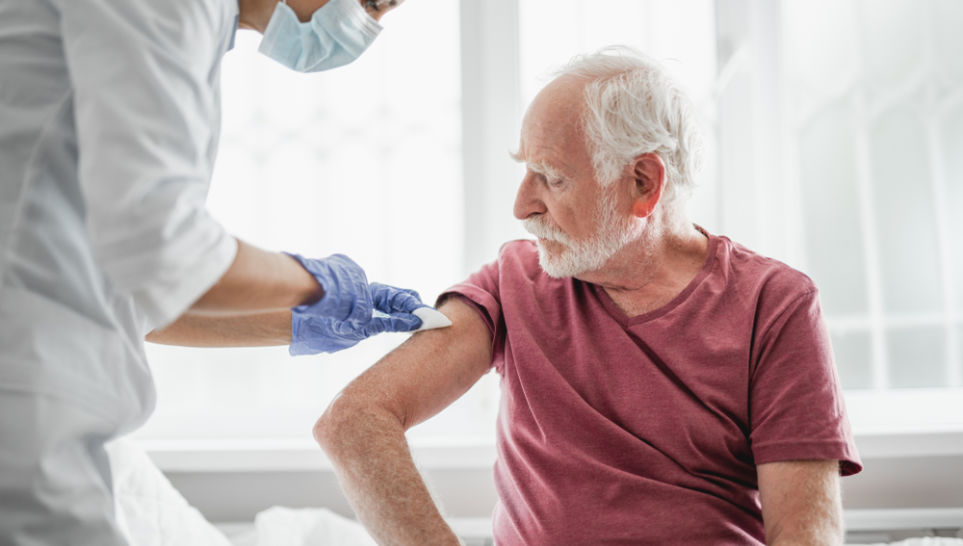
The Advisory Committee on Immunization Practices states that the vaccine is most effective for adults between the ages of 19-59. Still, if you are 60 or older with an increased risk of contracting a Hepatitis B infection, you can seek these solutions.
What Are the Side Effects of Hepatitis B Vaccines for Adults?
Although Hepatitis B vaccines are safe for most adults, you may experience an allergic reaction to the shot. Here are some symptoms to consider.
Common Side Effects
Hepatitis B vaccines may cause common side effects that result in symptoms similar to the flu. You may notice:
- Low blood pressure following the shot
- Dizziness
- Headache
- Joint pain
Less Common Side Effects
Young adults and elderly patients may notice symptoms that escalate into serious side effects. Severe allergic reactions may occur within minutes to days of the injection. Some symptoms include:
- Difficulty breathing
- Inflammation of the spinal cord (transverse myelitis)
- Inflammation of the eyes or optic nerves (optic neuritis)
- Low-grade fever
- Injection site redness
- Injection site soreness
If you experience a severe allergic reaction or any other adverse event from the Hepatitis B vaccination, seek medical attention immediately. Depending on which age group you belong to, these symptoms could be life-threatening.
Rare Side Effects
Some doctors have observed other rare side effects related to these vaccines. You may experience some mild or severe symptoms, such as:
- Nausea
- Sudden numbness
- Inability to move arms or legs
- Vomiting
- Brain nerve fiber damage (demyelinating disease)
In the past, some people worried that the Hepatitis B vaccine could cause multiple sclerosis. However, a significant and reputable body of peer-reviewed evidence shows that neither recombinant vaccines nor combination vaccines cause or worsen multiple sclerosis, so this is no longer a concern.
Hepatitis B Vaccine Injuries

A chronic Hepatitis B infection can lead to long-lasting complications.
Still, Hepatitis B vaccines carry a small risk of creating troubling issues for patients after the initial dose. Speak to one of our reliable attorneys if you suspect that a Hepatitis B vaccine caused you monetary losses due to medical treatment, pain, or suffering.
Can You Decline a Hepatitis B Vaccine?
As an adult, you have the right to refuse the Hepatitis B vaccine when your doctor or employer offers it. However, remember that this choice can put you at significant risk of contracting a chronic infection.
What Happens If You Don’t Get the Hepatitis B Vaccine?
OSHA considers access to vaccines that prevent the Hepatitis B virus an essential protection for all workers. Expect your employer to request a signed waiver should you refuse the shot. If you change your mind in the future, your employer will need to pay for your hepatitis B vaccine.
What Type of Medication Interacts With the Hepatitis B Vaccine?
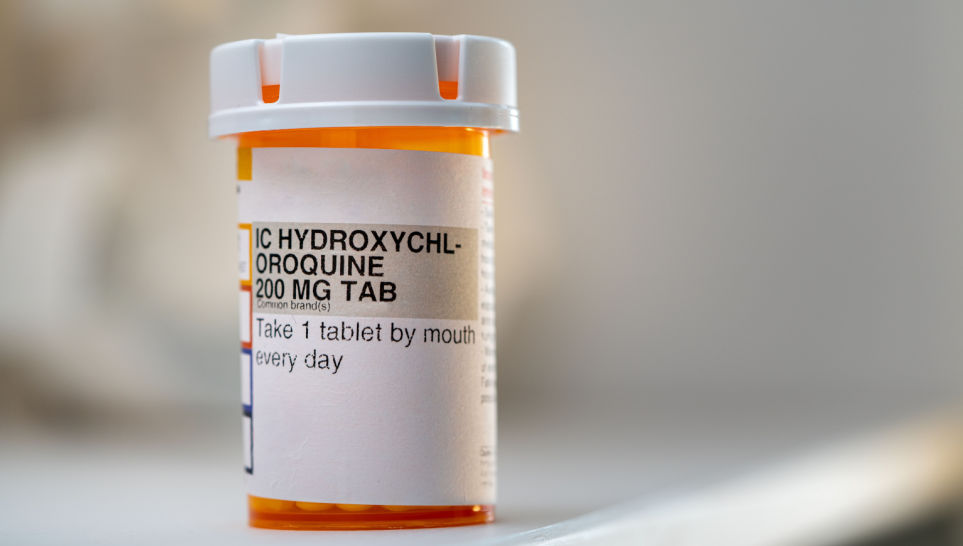
Inform your doctor about which medications you are taking before getting a vaccine. If they see fit, they may suggest alternative solutions if your current medicine could interact with the shot. Some drugs that show evidence of interaction include:
- Chloroquine
- Methotrexate
- Daclizumab
- Hydroxyurea
- Belimumab
- and more
Learn More About the Hepatitis B Virus and Vaccine Safety
At Sadaka Law, we understand the importance of protecting yourself against a Hepatitis B infection. However, we also know that adverse side effects from a vaccine can cost you thousands of dollars in medical bills and lost wages. Our attorneys will help you pursue compensation under the law.
We take the time to understand your specific case and recommend ethical solutions. Whether you are seeking a settlement or need representation while speaking to your insurance company, our lawyers can help.
Learn more about our services at Sadaka Law in Englewood, NJ, or New York, NY. Call us at 201-266-5670 or 1-800-810-3457.
